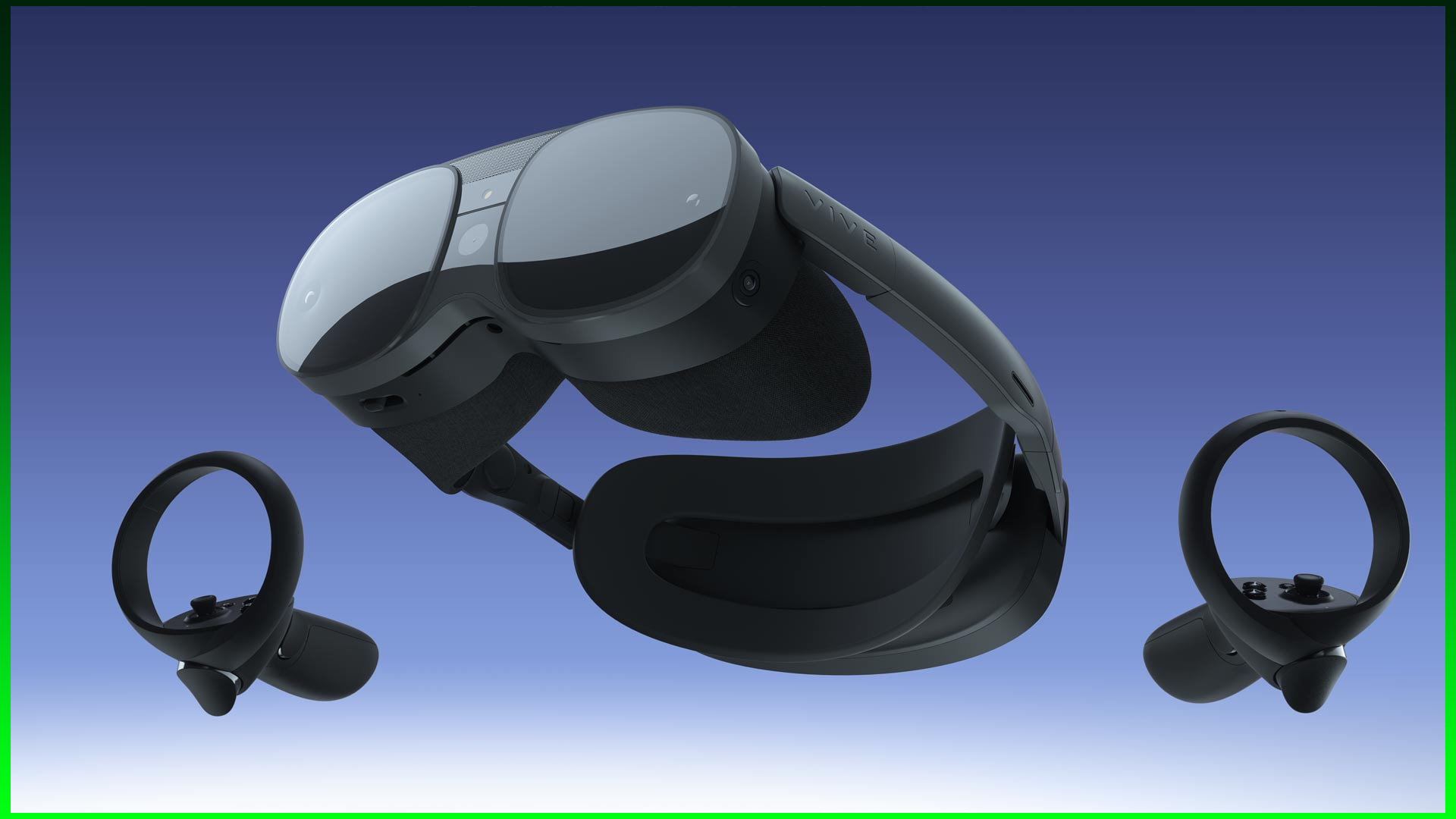Once one of the OG Android makers and today is struggling with the tech market in general and turning its attention with Virtual Reality, Taiwanese HTC used CES 2023 this past week to announce the future of the HTC Vive brand.
HTC is still in the VR and AR game with the Vive XR Elite, which includes 2K screen per eye, a 110-degree diagonal field of view, a 90Hz refresh rate, 12GB of memory, 128GB of storage, and a Qualcomm Snapdragon XR2, the same chip that’s in the 2021 Meta Quest 2. It features four wide-angle cameras that let it track the user’s hands or a pair of motion controllers that are compatible with previous HTC Vive controllers.
For unique features, HTC said that the Vive XR Elite includes a lens diopter adjustment option that’s supposed to let you use the device without them in addition to an adjuster for the distance between lenses.
The headset’s weight includes a back-mounted battery that HTC promises will last around two hours.
For longer periods of use, it’s hot-swappable — a small backup battery built into the main headset will keep it running for around 10 minutes while you replace the spent main battery with a fresh one.
The XR Elite supports an additional “glasses mode” that’s supposed to make the headset far lighter and to achieve this, the new Vive headset “lets you snap off” the security strap on your neck and battery and replace them with a pair of plastic pieces that rest over your ears and HTC claims that this reduce 240 grams of weight.
The headset charges over USB-C, and its controllers are also rechargeable, offering a battery life of closer to 10 hours.
While there is no release date, HTC Vive XR Elite will cost $1,099 and will include one battery, and two motion controllers — plus a games / app bundle in some markets.
An enterprise version is slated to be announced at the next edition of Mobile World Congress 2023 in Barcelona, Spain.

